New Graphic Novel Explores What It’s Really Like To Be A Palestinian Refugee
ThinkProgress
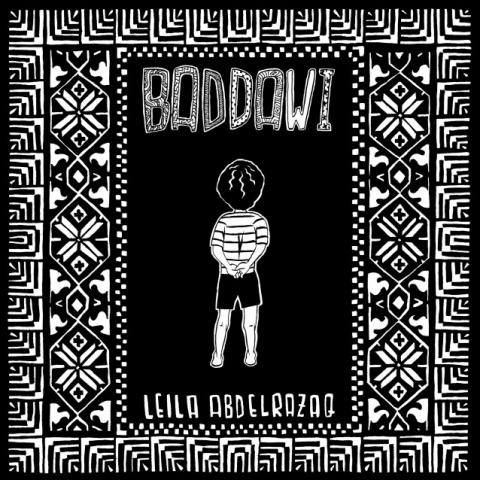
First-time author Leila Abdelrazaq has produced a work that, in the words of reviewer Beenish Ahmed, "provides a human face to the often overlooked experiences of refugees." Rendered in the form of a graphic novel, it is a unique visual and literary testament, and a special glimpse into the world of those who have been displace by conflict from their homes and from their familiar worlds.

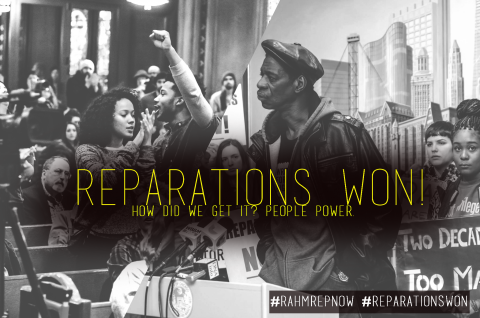
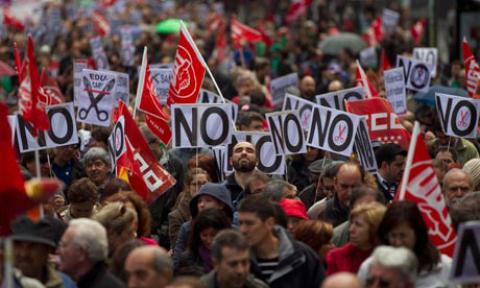
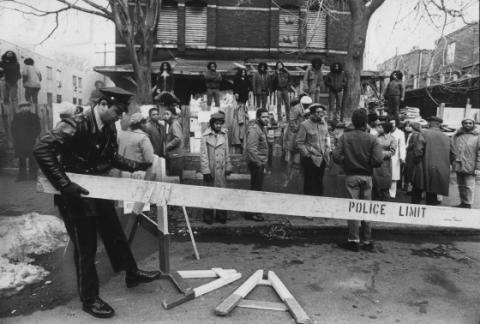
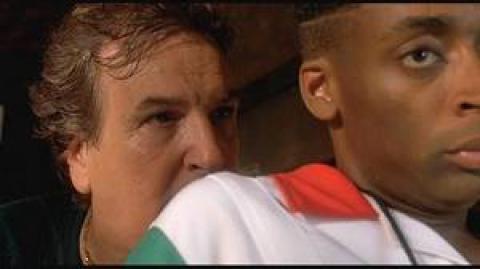
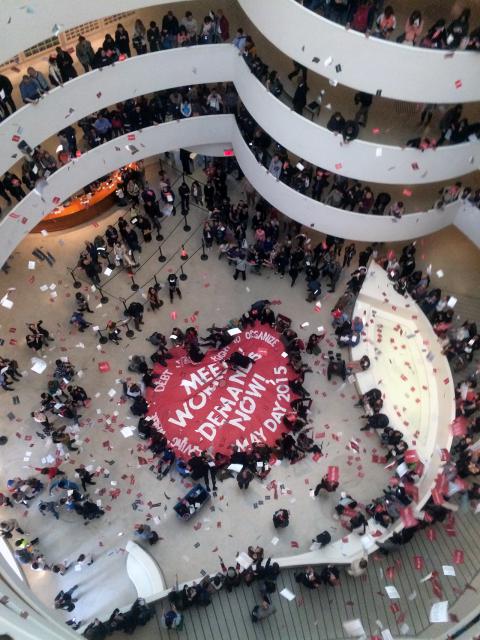
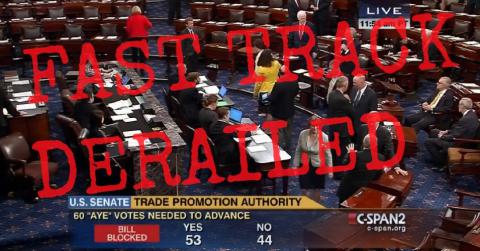
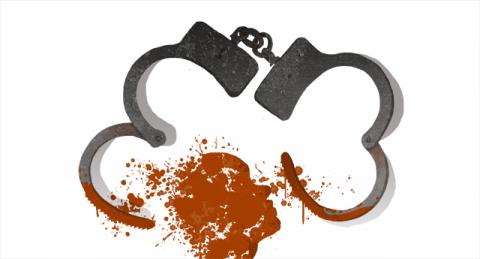

Spread the word